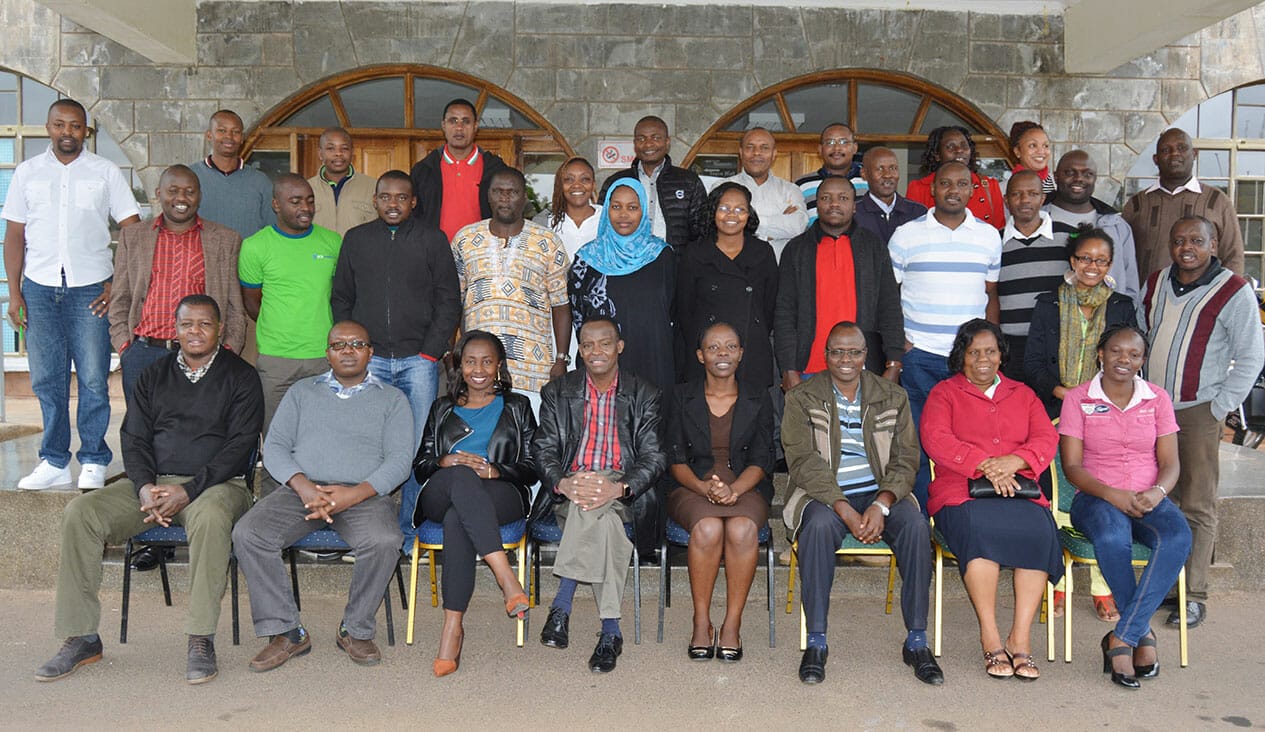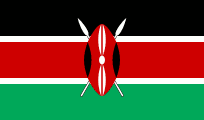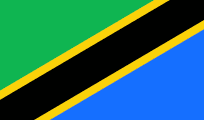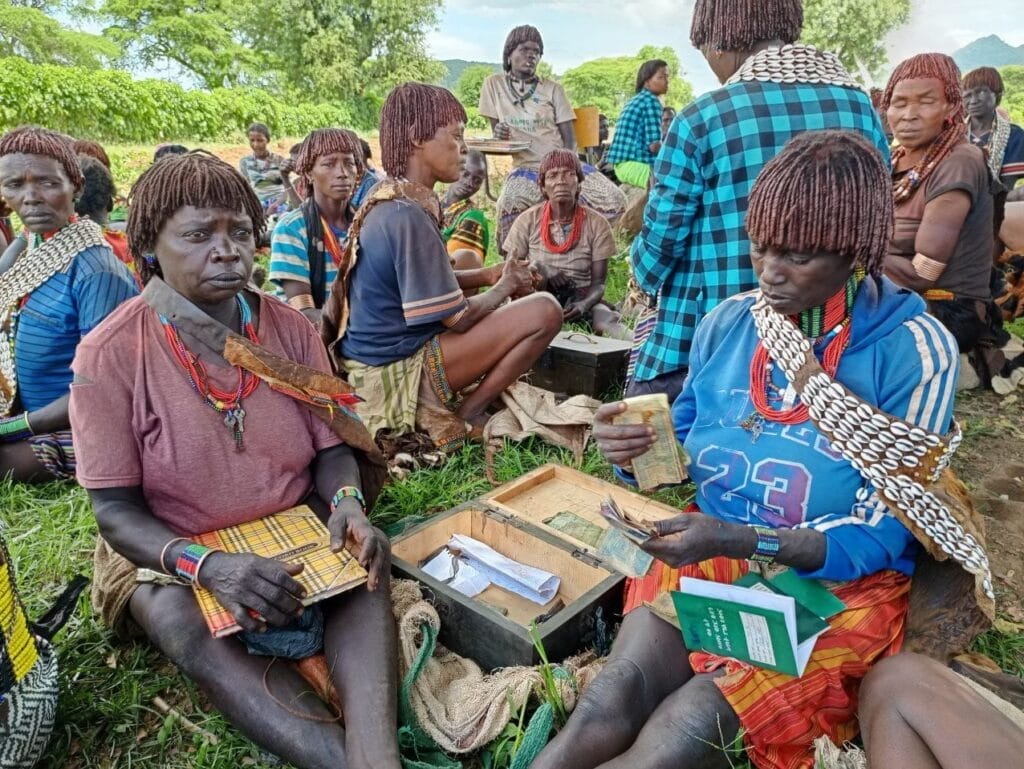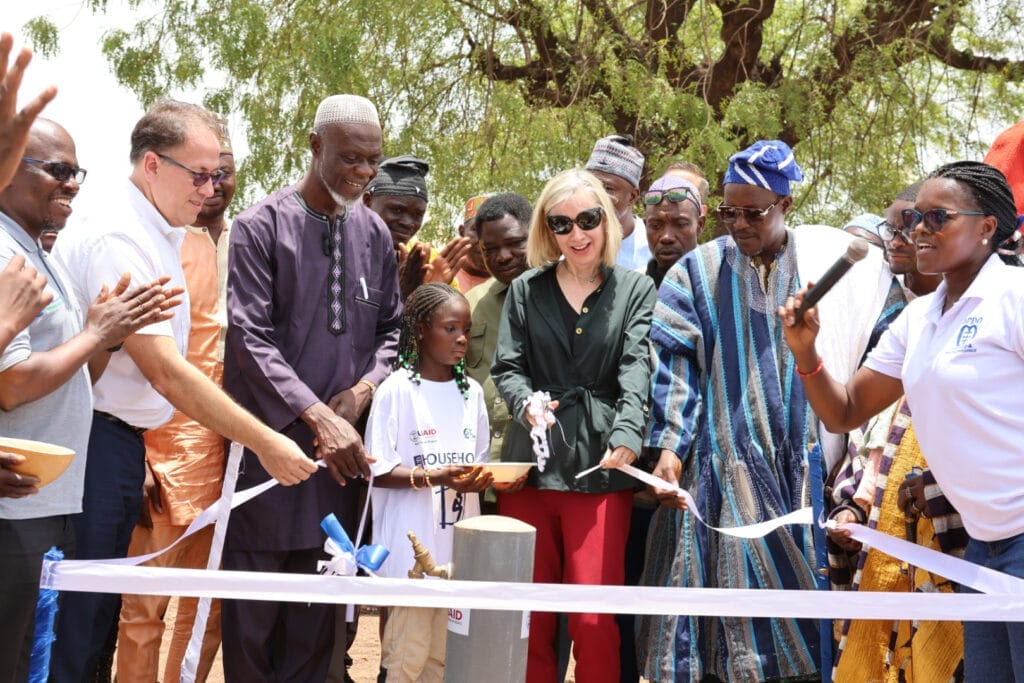Rising income inequality threatens gains in poverty reduction around the world. Marginalized populations often do not benefit equally from economic growth initiatives in developing countries. Markets are where people participate in economic activity, so market access is vital to enable individuals and families to break the cycle of poverty. But for many, knowledge and resource barriers block the way – a problem that is compounded for women, youth and other historically underrepresented people.
Facilitating equitable access to markets is key for inclusive, sustainable growth. Improved market access increases incomes, creates job growth, provides opportunities for entrepreneurship and enterprise development, and benefits communities as a whole. Inclusive markets extend choices and opportunities to excluded community members as producers, consumers and wage earners. Global Communities’ economic development programs take a systems approach to facilitating inclusive markets, focusing on market failures and gaps that result in inequitable access, as well as integrating vulnerable and at-risk groups into formal market activities. This includes activities that improve the way markets operate so that these groups can participate and fully benefit, as well as strengthening micro, small and medium enterprises to access finance, expand their operations, create jobs and maximize profits.
Our programs support new and growing entrepreneurs by linking them to service providers, strengthening their technical and management skills, connecting them to financial institutions and helping them source critical market information, with the goal of increasing sales, employment and incomes.
As an example, Global Communities implemented the Agribusiness Investment for Market Stimulation program in Kenya, Tanzania and Malawi to bolster trade in key agricultural sectors by increasing access to financing, markets and capacity building for small and medium-sized agribusinesses, including cooperatives and farmer-based organizations. Business linkage forums brought buyers and sellers together to build trust and understanding, resulting in further efficiencies within the value chain and millions of dollars in trade deals.
Global Communities works with micro, small and medium enterprises to access new domestic, regional and international markets through facilitated commercial linkages. We then partner with innovative and influential businesses on activities that lead to growth for firms throughout the value chain, with a particular focus on generating jobs and increased income for the value chain’s smaller producers and micro, small and medium enterprises. By strengthening leading firms to implement activities aimed at improvements in production, quality, standardization and access to markets, we ensure that results are market-driven, sustainable and help small enterprises grow through participation in major local and global supply chains. Taking a systems approach inherently requires partnership and collaboration with local actors to catalyze change at key advantage points in that system.
Cooperatives, or member-owned enterprises, can also provide market access for their members and have the proven potential to create meaningful employment, strengthen local economies and enhance social capital. Global Communities has been working to support cooperatives for over 60 years through capacity building, strengthening operations, fostering growth through new partnerships and engaging in policy and research initiatives to improve the enabling environment. Our programs respond to market and member needs while fostering civic engagement, gender parity and financial inclusion.
TESTIMONIAL
We started working with the Global Communities EMIRGE program in 2013 and as a result, winter milk output increased by 20% and household income increased by 24%. We produce quality products and our dried curd received Mongolian Best Product Award.
- Sh. Uranchimeg, President of the Tunkhel Suu Cooperative in Mongolia
Our Approach
Global Communities uses a pro-poor value chain approach, which seeks to overcome barriers for low-income producers to enter the market, to leverage opportunities for growth through improvements in production and quality control, business management and facilitation of new market linkages.
Global Communities’ economic development programs catalyze sustainable and inclusive economic growth by strengthening and linking economic actors to pursue market-based opportunities. We take a systems-based approach that relies on in-depth market analyses, strives to promote local private sector actors and increases access to markets. We design programs to increase incomes and support local economies, paying close attention to the needs of youth, women and marginalized groups.
We work to promote and develop cooperatives that are community-based, drive economic growth, increase member incomes, and promote inclusive, democratic practices.
In 2018, Global Communities launched our Responsible Sourcing Initiative, an approach to partnering with civil society, governments, suppliers and corporations that promotes inclusive economic growth and resilience within vulnerable communities around the world. Through this initiative, we help companies effectively partner with communities and governments to reduce operational and reputational risks, maximize supply chain efficiency and contribute to inclusive economic development, leading to long term business continuity and sustainability.
970
members from 71 cooperative businesses in Mongolia receiving direct support
1,221
agribusinesses with improved capacity through business advisory services in Kenya, Malawi and Tanzania
53
business to business forums held to facilitate buyer seller linkages in Kenya, Malawi and Tanzania
269
organizations using Global Communities’ tools and resources to benefit cooperatives and cooperative systems
Our work in this area reaches:
Resources
Briefs & Case Studies
The USAID Cooperative Development Program CLEAR Learning Agenda Summary
Global Communities’ USAID-funded Cooperative Development Program (CDP) CLEAR Learning Agenda was designed to generate substantial evidence on effective strategies to foster a conducive environment for cooperative development in Kenya. The Learning Agenda’s primary objective was to offer insights to guide decision-making in program implementation and pave the way for the strengthening of cooperative businesses. A…
Toolkits & Manuals
Cooperative Businesses: A Training Guide for Cooperatives & Developers
Kenya’s cooperative movement is flourishing, and the worker cooperative model is gaining traction as a catalyst for equitable economic development and job creation. While worker cooperatives are relatively new to Kenya, their potential impact is being recognized. The USAID Cooperative Development Program CLEAR (Cooperative Leadership, Engagement, Advocacy and Research implemented by Global Communities, is dedicated…
Briefs & Case Studies
Case Study: Meru Central Coffee Cooperative Union’s (MCCCUs) Business Development Journey with Global Communities in Kenya
The Cooperative Leadership, Engagement, Advocacy & Research (CLEAR) program, implemented by Global Communities from 2018 to 2023 and made possible through the support of USAID’s Cooperative Development Program, undertook a strategic initiative to strengthen Kenya’s cooperative ecosystem. Recognizing the pivotal role of cooperatives in various sectors, CLEAR centred its efforts on delivering targeted technical assistance…
Briefs & Case Studies
Case Study: Limuru Dairy Farmers Cooperative Business Development Partnership with Global Communities in Kenya
Dairy farming plays a pivotal role in Kenya’s economy, contributing significantly to both economic growth and the nutritional well-being of the population. According to the Kenya Dairy Board, the dairy sector accounts for approximately 14% of the country’s agricultural GDP, generating over 1 million jobs at the farm level and an additional 500,000 jobs in…
Briefs & Case Studies
Learning Brief: Insights Gained from USAID Cooperative Development Program – CLEAR: Assessing the Impact of Women’s Engagement in Cooperatives
USAID Cooperative Development Program (CDP) – Cooperative, Leadership, Engagement, Advocacy & Research (CLEAR) (2018-2023), implemented by Global Communities, was designed to support and enhance Kenya’s cooperative ecosystem. CLEAR focused on promoting youth and women’s socio-economic empowerment through the cooperative business model by tapping into existing opportunities in the service industry.
Briefs & Case Studies
Building a supportive environment for cooperatives in Kenya through public policy making process training: CLEAR Program Learning Brief
The USAID Cooperatives Leadership Engagement, Advocacy and Research (CLEAR) program is implemented by Global Communities in Kenya to strengthen the cooperative business ecosystem. One of CLEAR’s three objectives is to improve the cooperative business-enabling environments through regulatory reform. To achieve this objective CLEAR has developed and implemented the Public Policy Making Process (PPMP), an executive…

